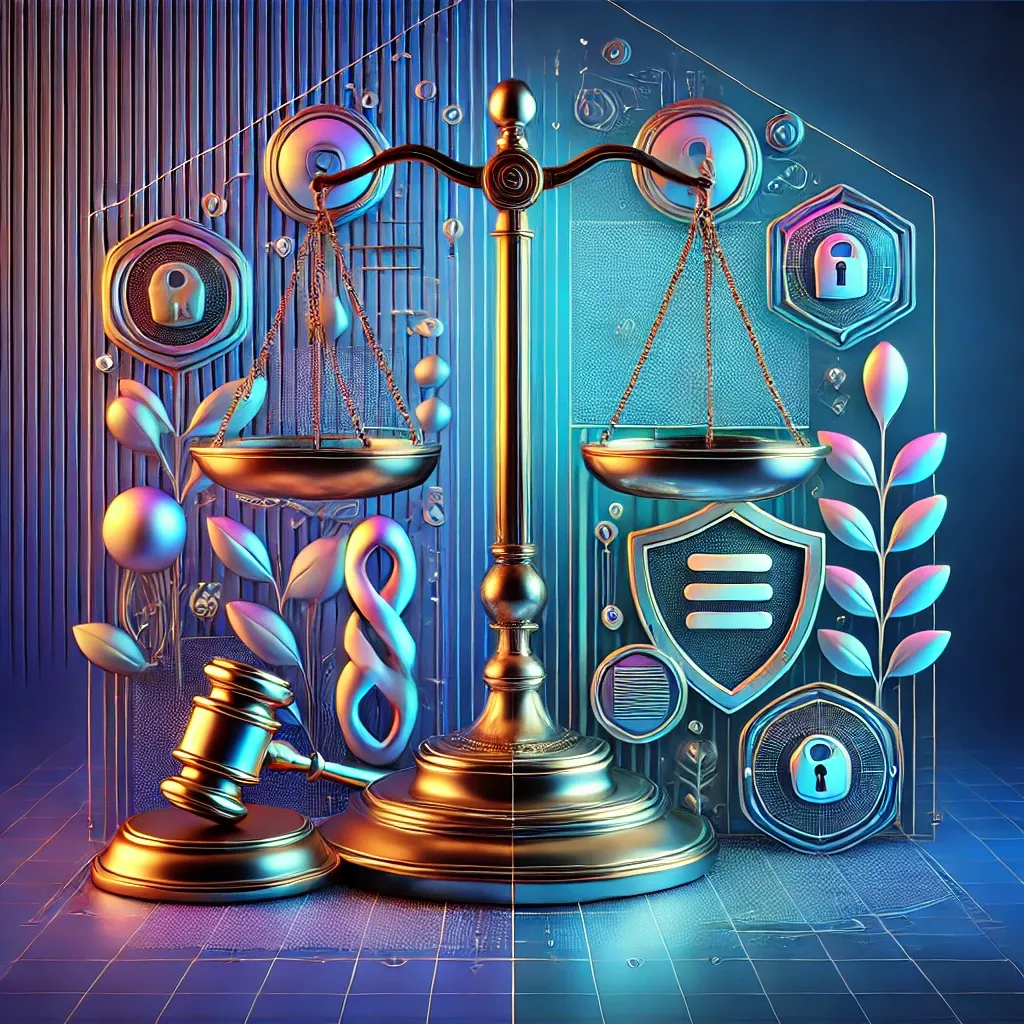Top Legal Considerations When Designing Your Startup’s Website

Introduction
In the digital age, startups face a myriad of challenges when establishing their online presence, and understanding Internet Law is paramount. Internet Law encompasses a broad range of legal issues related to online activities, including intellectual property, privacy, contracts, and e-commerce regulations. For startups, compliance with these laws can determine not only the viability of their business model but also their long-term success in the digital marketplace. Consequently, legal considerations must be at the forefront during the website design and launch phases.
Choosing the Right Legal Structure
When launching a startup, one of the first critical decisions is the choice of legal entity. The type of legal structure—whether a sole proprietorship, partnership, corporation, or limited liability company—can affect liabilities, taxation, and funding opportunities. For example, forming a limited liability company can protect personal assets from business debts, which is crucial in today’s litigious environment. Therefore, startups should engage legal counsel to determine the most appropriate structure tailored to their business goals.
Privacy and Data Protection
As your startup collects user data, an understanding of privacy laws becomes essential. Regulations like the General Data Protection Regulation (GDPR) and the California Consumer Privacy Act (CCPA) impose stringent requirements regarding the collection, storage, and processing of personal data. Non-compliance can lead to severe penalties, further highlighting the importance of transparent data practices to foster user trust. Startups must ensure that their websites have robust privacy policies and mechanisms for user consent, implementing sufficient security measures to protect user information.
Intellectual Property Rights
Intellectual property rights are vital for protecting original content and technology. Startups must familiarize themselves with copyright, trademark, and patent laws to secure their brand and innovations. For instance, a trademark protects business names and logos, whereas copyrights safeguard artistic and literary works. By proactively registering intellectual property, startups not only enhance their market position but also reduce the risk of infringement claims.
Terms of Service and Privacy Policies
These documents serve as legally binding agreements between the startup and its users, outlining the rights and responsibilities of both parties. Essential components of these agreements include usage rights, limitation of liability, dispute resolution mechanisms, and data usage disclosures. A well-drafted policy promotes transparency while serving as an armature to protect a startup from legal disputes. Startups should tailor these documents to reflect their specific business model and operational needs, ensuring that users are clear about their rights when interacting with the website.
E-commerce Regulations
Startups engaging in e-commerce must comply with various regulations, including those addressing consumer protection, sales tax, and electronic contracts. An understanding of the Federal Trade Commission's guidelines and applicable state laws can help mitigate legal risks related to online sales. For instance, clear return and refund policies not only enhance consumer trust but also ensure compliance with e-commerce regulations, which mandate transparency in online transactions.
Advertising and Marketing Compliance
Legal considerations in advertising, such as compliance with the Federal Trade Commission regulations, are paramount to avoid deceptive practices. This includes ensuring that all advertising is truthful and that endorsements and sponsorships are clearly disclosed. Furthermore, adherence to email marketing regulations, including the CAN-SPAM Act, is essential for maintaining legitimate communication with potential customers. Understanding these compliance issues can protect startups from potential legal challenges in their marketing efforts.
User Content Issues
As the digital landscape evolves, startups often allow users to post reviews, comments, or images, raising potential liability risks. The Communications Decency Act provides some protections for platforms hosting user content; however, it does not grant immunity from copyright infringement or other unlawful activities. Startups should have clear user guidelines and moderation policies in place to manage user content effectively while also knowing when to take appropriate actions against harmful or infringing posts.
Conclusion
In summary, startups designing their websites must navigate complex terrain related to Internet Law. From choosing the right legal structure and protecting privacy to securing intellectual property and ensuring compliance with advertising and e-commerce regulations, legal considerations are integral to the startup ecosystem. Engaging knowledgeable legal professionals at each stage can equip entrepreneurs with the necessary tools to build a robust legal framework that promotes their business growth while safeguarding against potential legal pitfalls. Ultimately, proactive legal compliance is not just a requirement but a foundational element of a successful digital presence.

